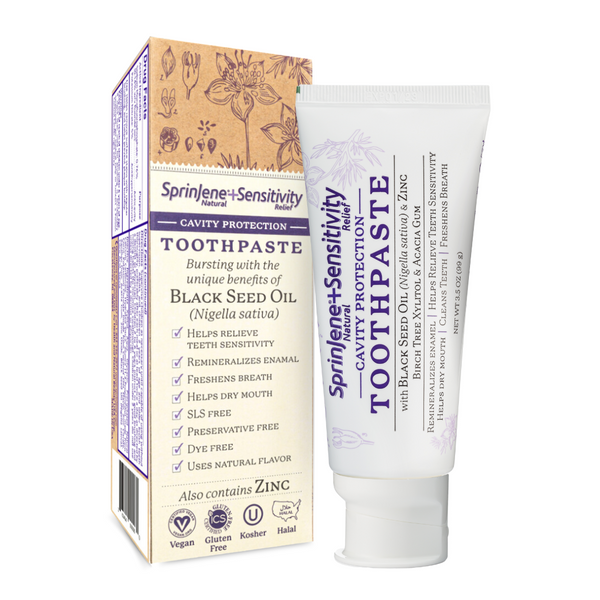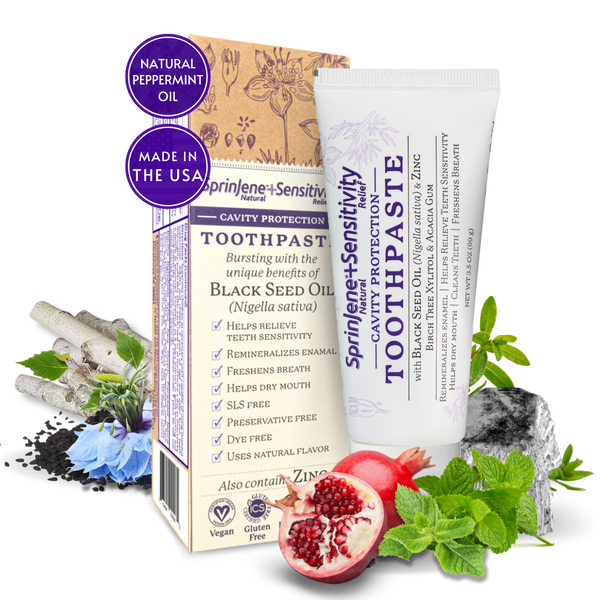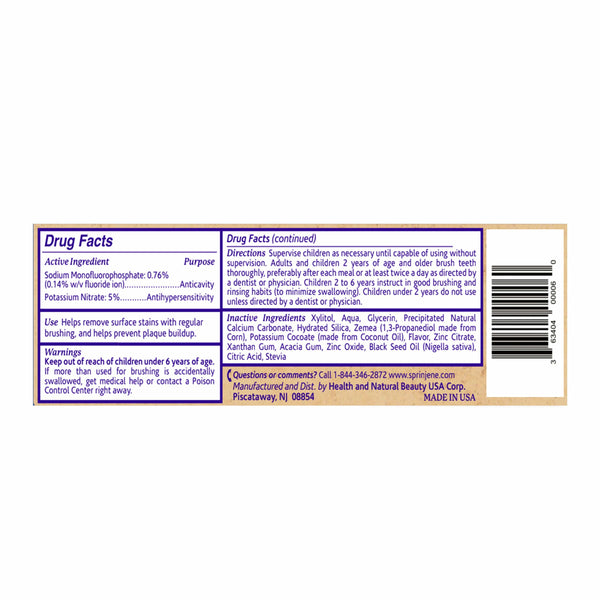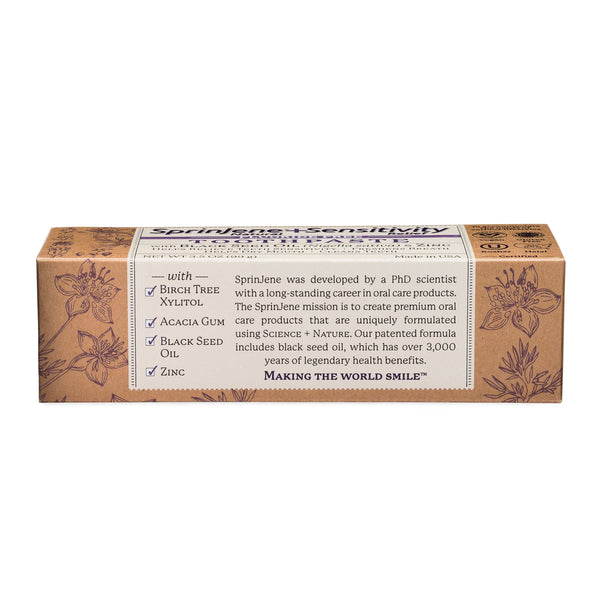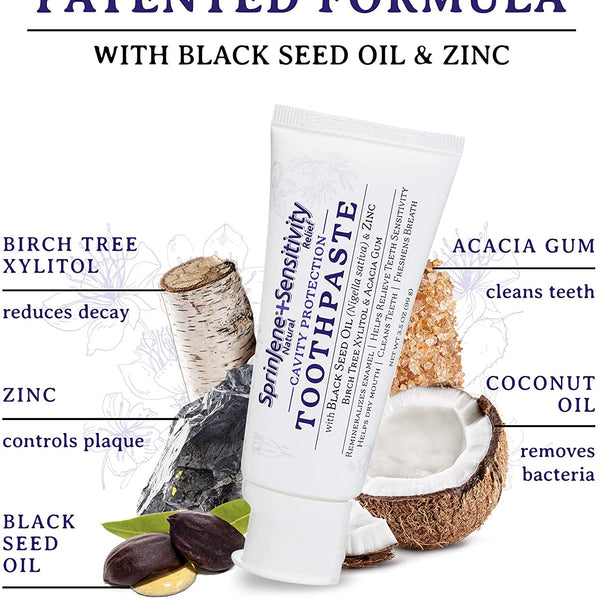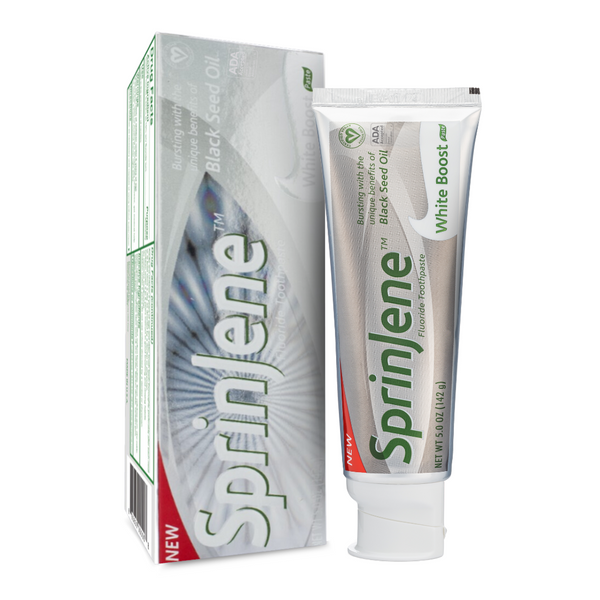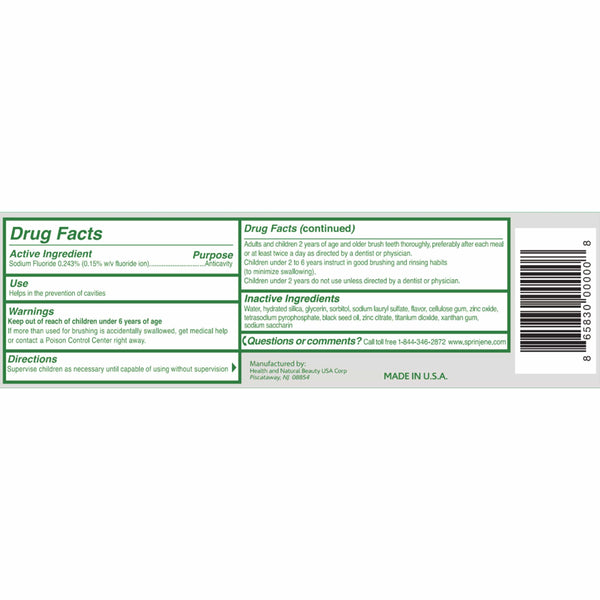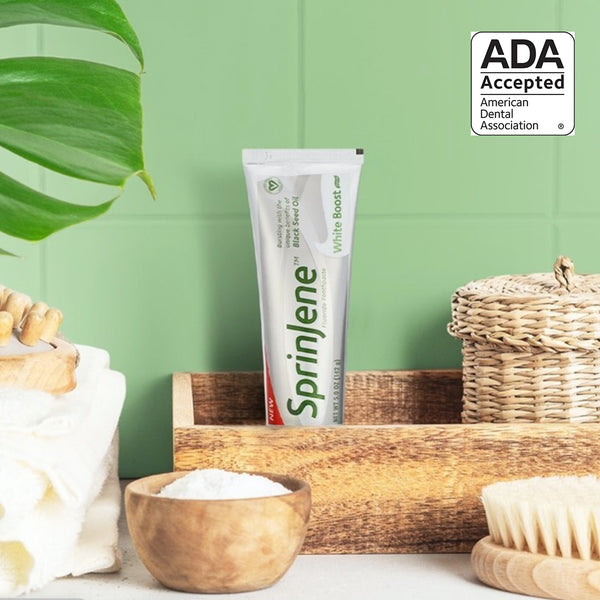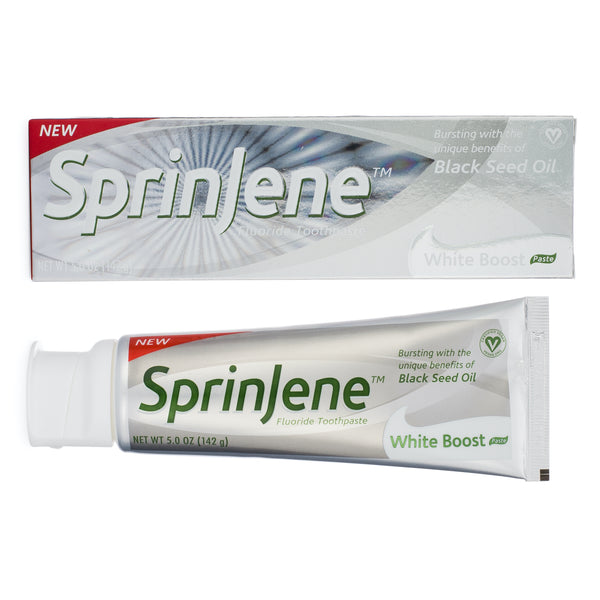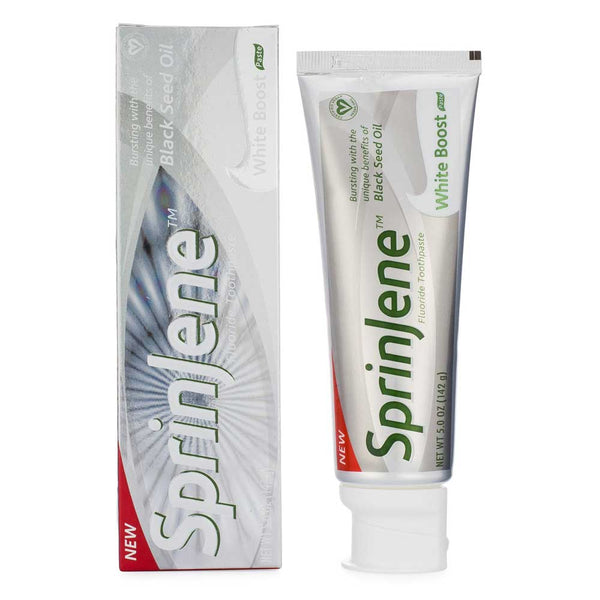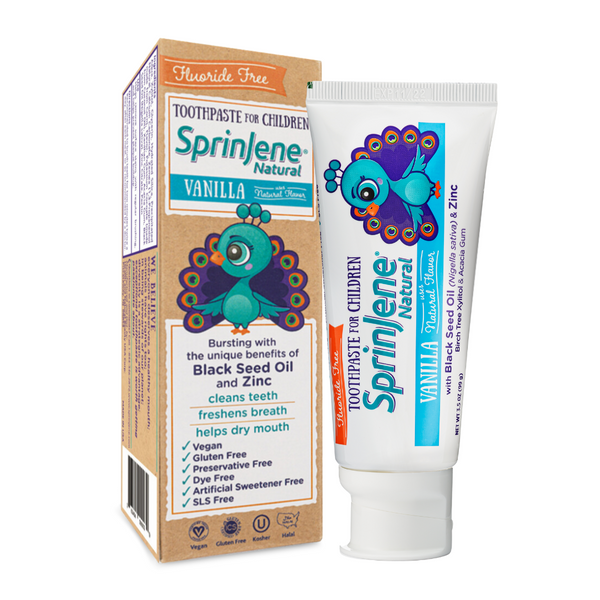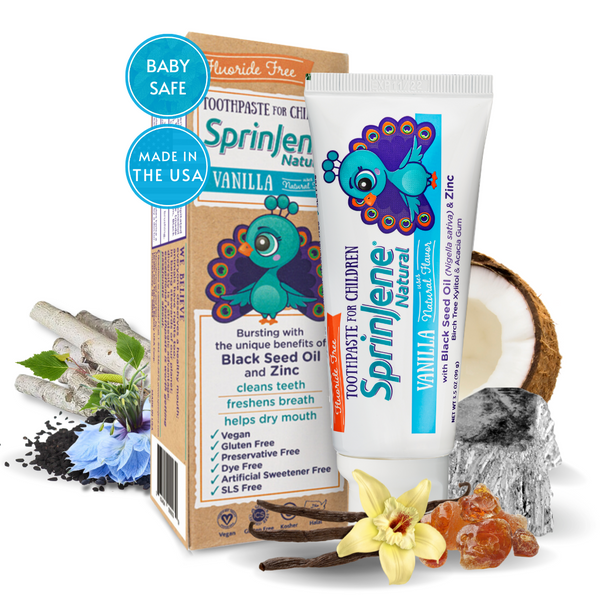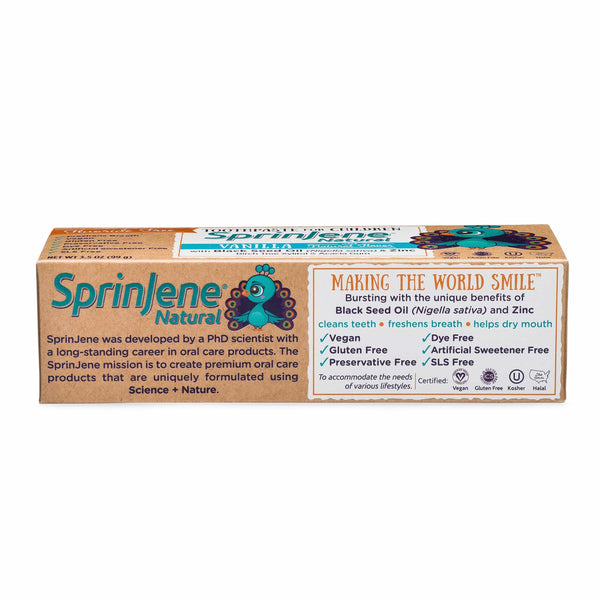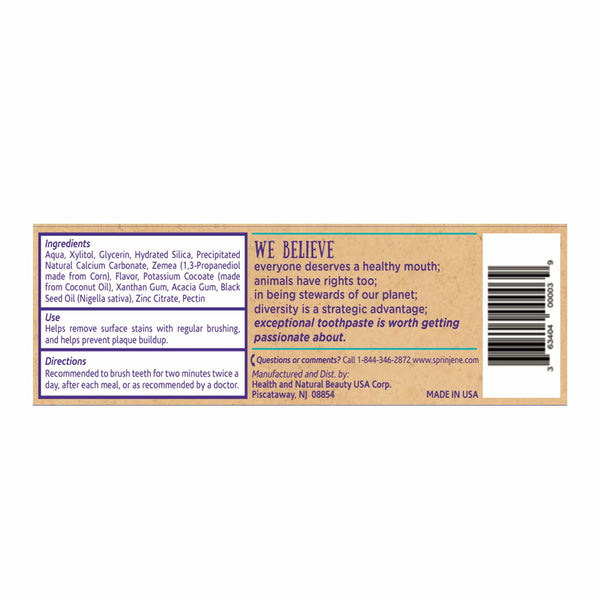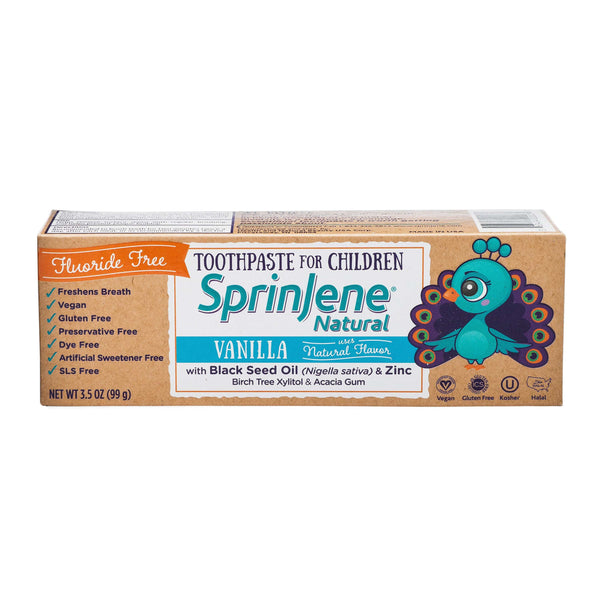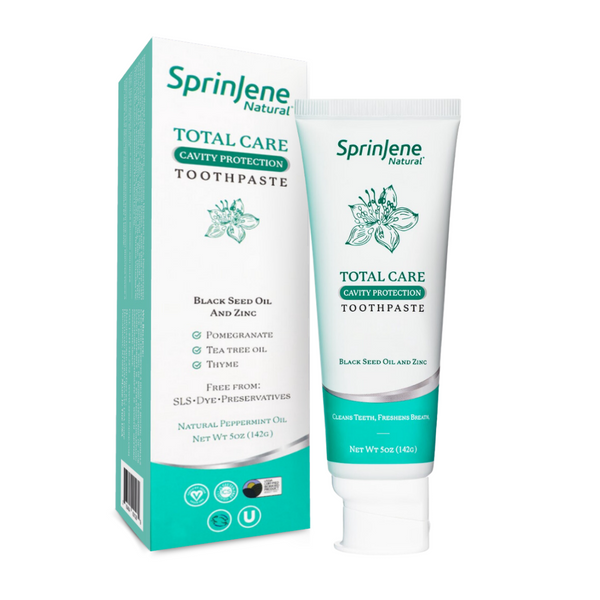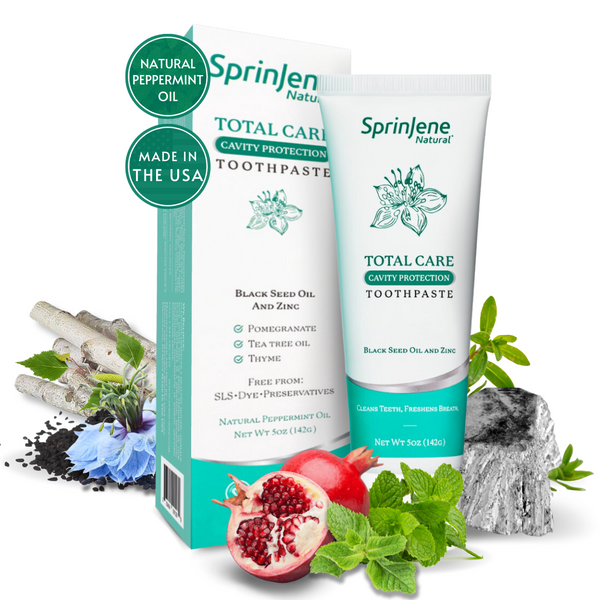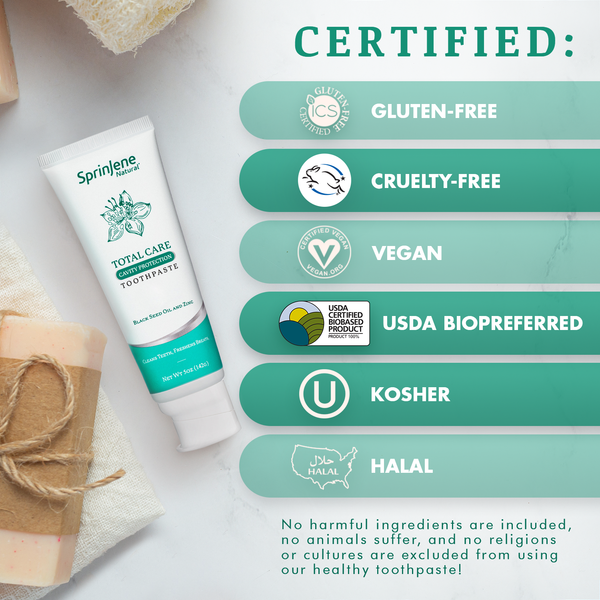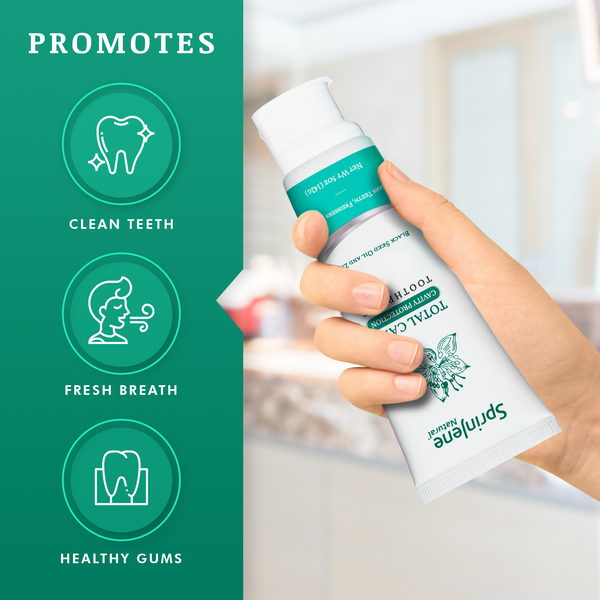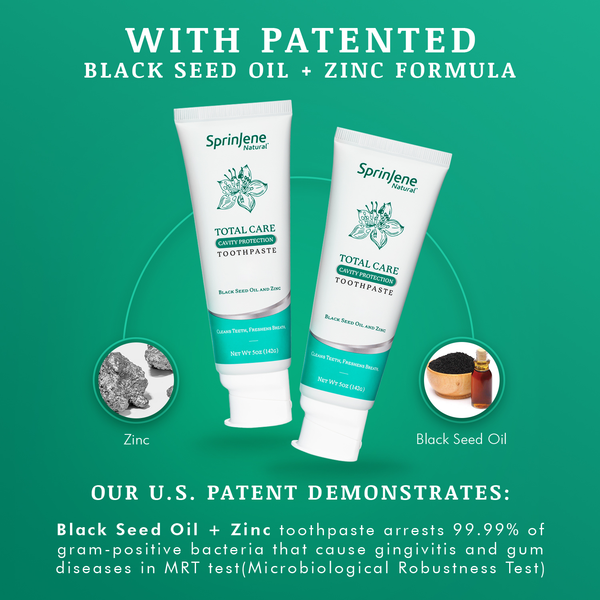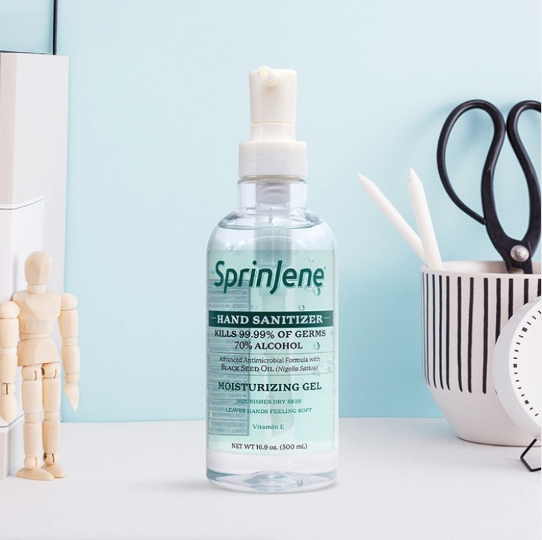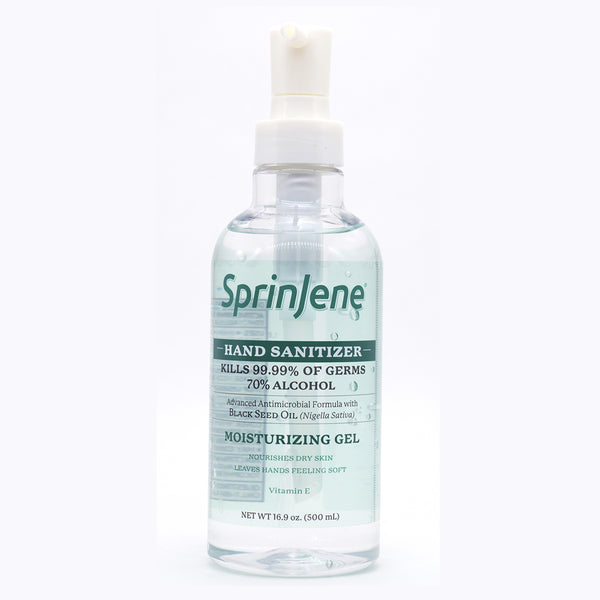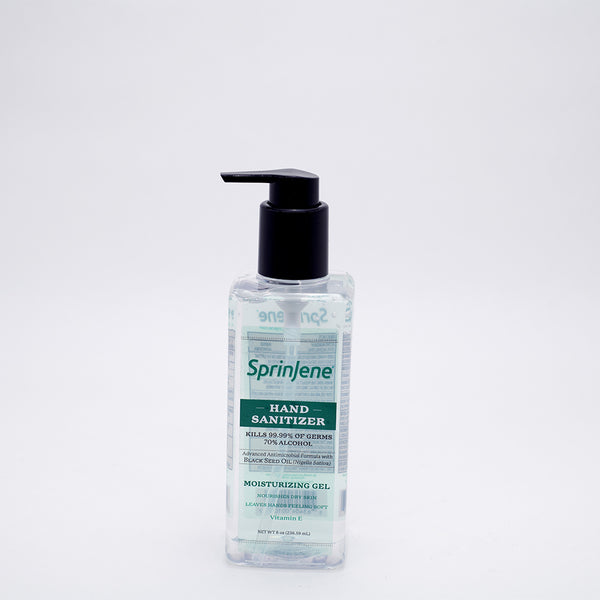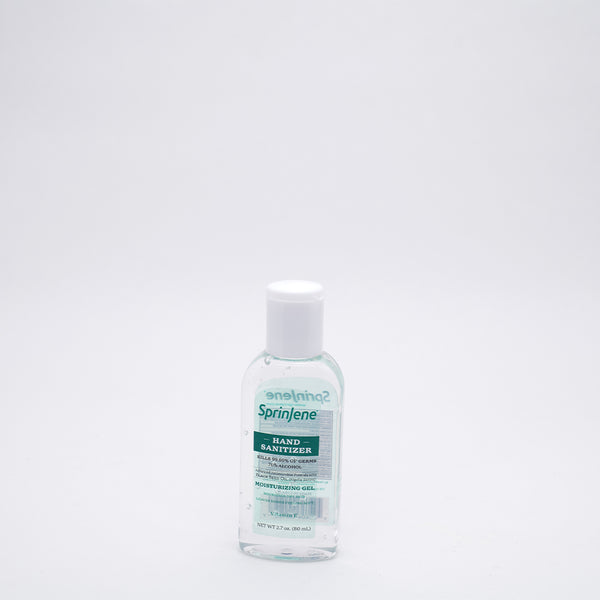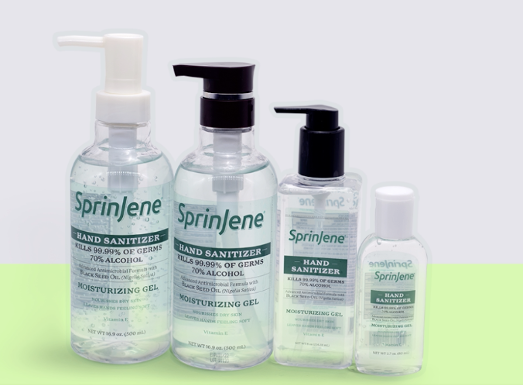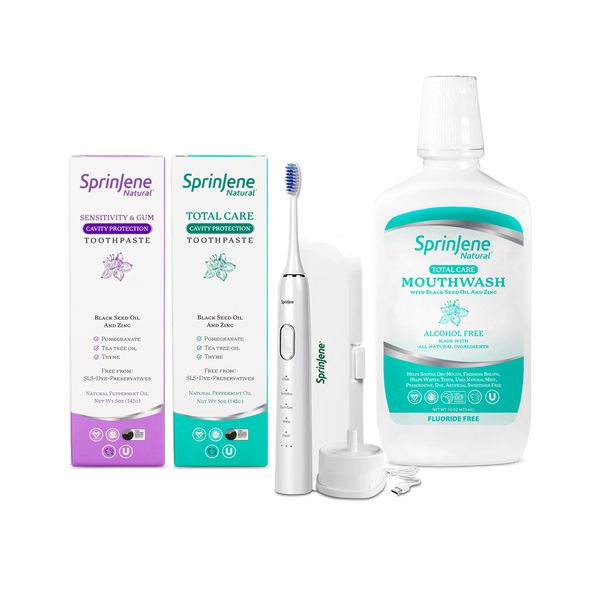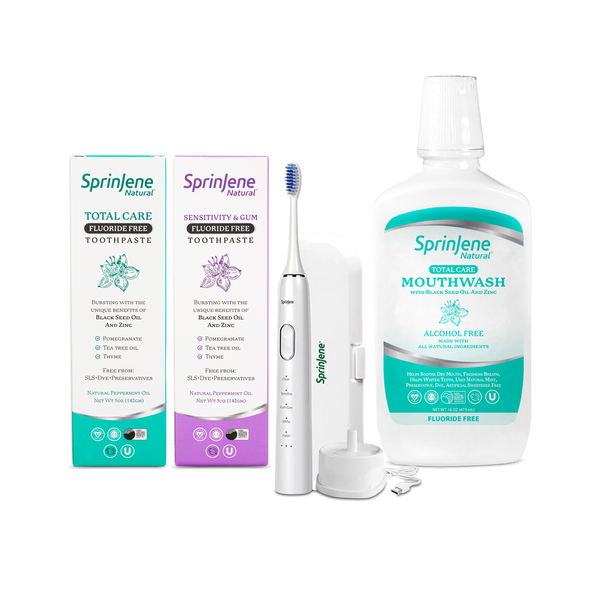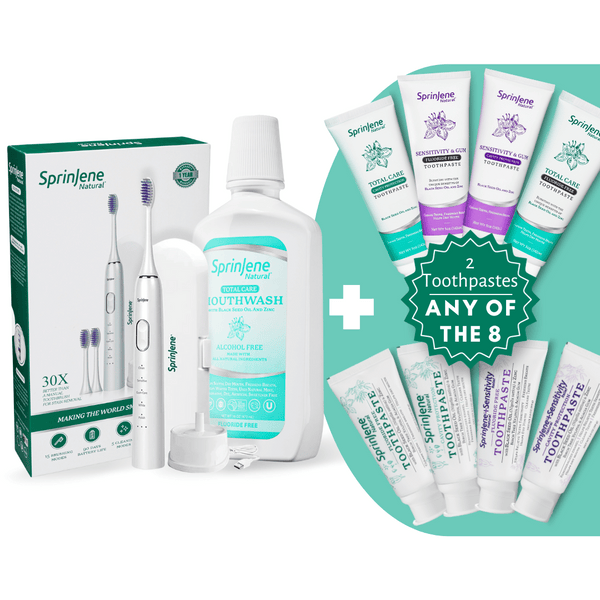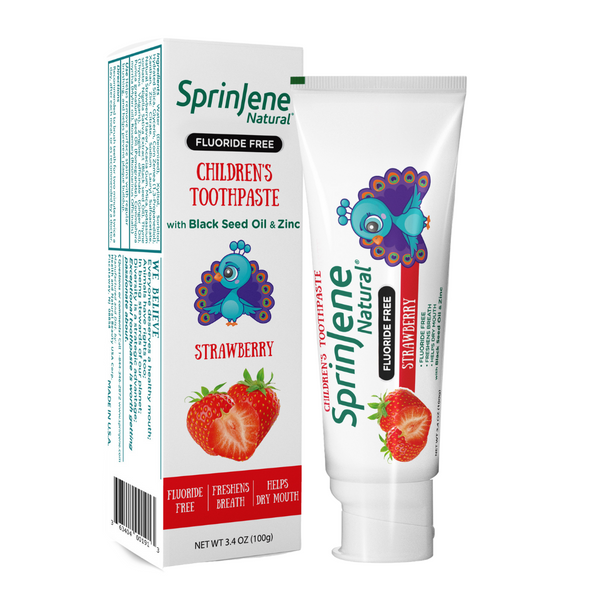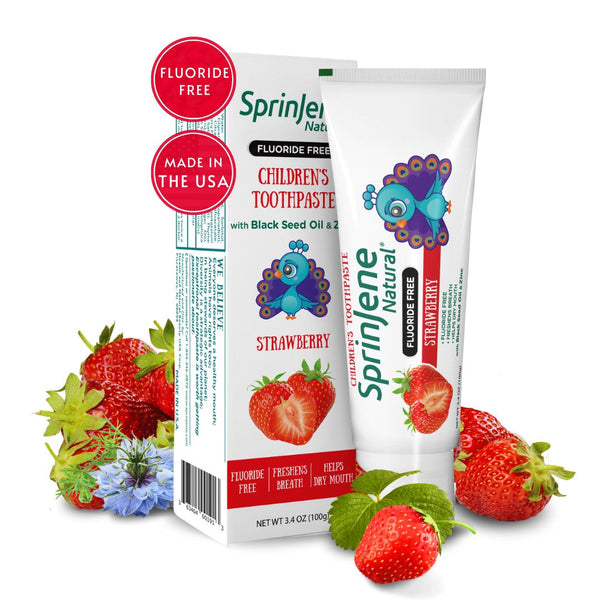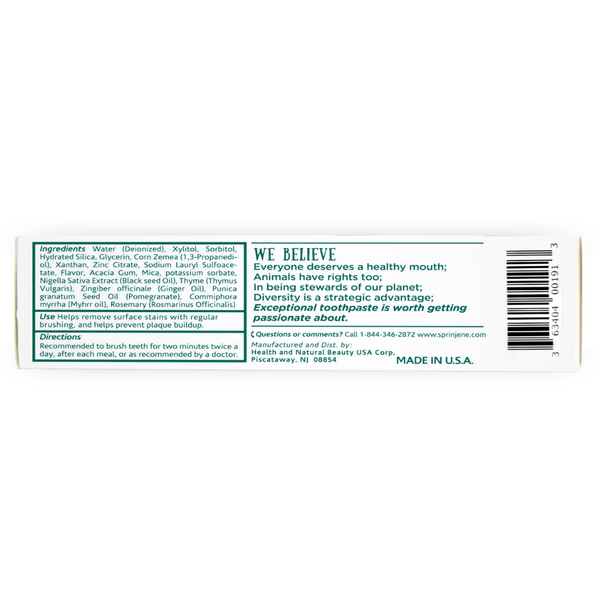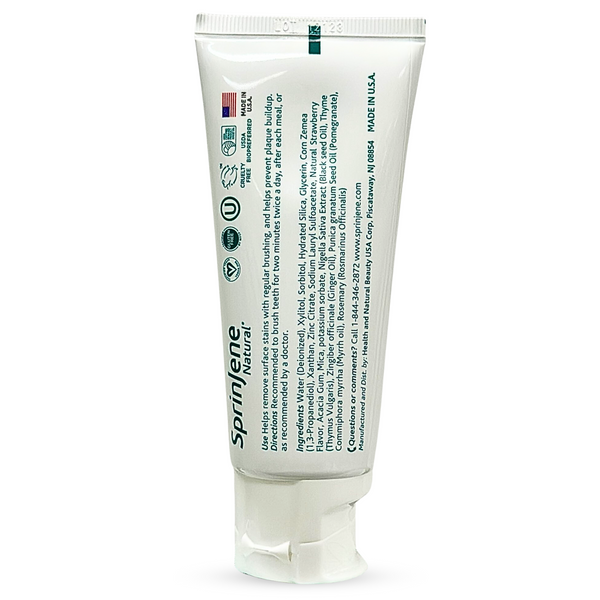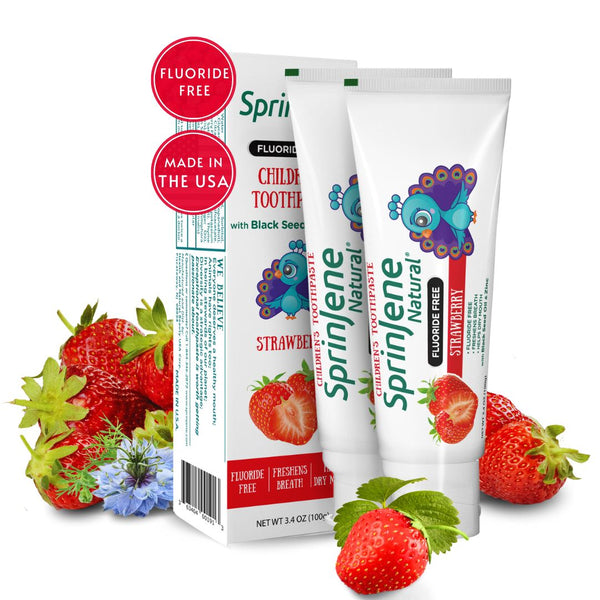
Tooth loss is a major problem that can cause impaired mastication, phonetic, and esthetic function. The loss of some of the original teeth from the dental arch can be replaced by placing dental prosthesis. The continuous use of dental prosthesis and neglected cleaning of the oral cavity and denture may cause plaque accumulated on both the original tooth directly contacting with the surface of the artificial tooth and the original tooth in the opposite arch. The accumulation of plaque which left to accumulate can lead to caries and inflammation of periodontal tissue leading to excessive alveolar bone pocket and resorption and lesions of the oral mucosa.
- Dentures.
- Partial Denture.
- Palatal Obturator.
- Orthodontic Appliance.
- Dental Implant.
- Crown.
- Bridge
When a person chooses to use a dental prosthesis to replace missing teeth, the awareness to maintain dental and oral hygiene should not be ignored. This is of supreme importance if one wants to ensure success of the prosthetic treatment. In the case of a removable prosthesis, daily cleansing should be performed to prevent plaque accumulating and also to clean the food debris from the surface. Artificial teeth should be removed from the mouth at night to allow adequate resting of the oral tissues. Continuous denture wearing may cause some reaction to the tissues as the mucosa beneath the denture needs to breathe.
Failure to maintain denture and oral hygiene can lead to the buildup of food debris in both the original and artificial teeth, which will be a contributing factor in the formation of plaque and a site for the growth of microorganisms that can lead to caries, stomatitis, xerostomia, and periodontal disease. The placement of the prosthesis in the oral cavity also results in the change of the oral environmental conditions in which the prosthesis becomes the site of colonization of microorganisms.
It has been reported that microbial plaque on removable prostheses covering the palate area causes denture stomatitis in 69% of denture wearers. Therefore, the maintenance of dental and oral hygiene and denture is very important in maintaining healthy surrounding tissue in the oral cavity.
Advice to patients with prosthesis:
- Use a Waterpik at least twice a day. Patients who have had bridge work done can access the bridge from the buccal or lingual side. Patients will want to find the access points that result in the greatest dislodgement of retained food.
- It is recommended to floss under the bridge at least once daily.
- It is recommended to use a sulcus brush to clean the part of the bridge that transitions into the soft tissue. A sulcus brush is almost one-third the width of a traditional toothbrush. Many patients find it easier to use this to clean and massage the tissue contact areas of the bridge.
- Rinse daily with chlorhexidane or salt water to debride smaller particles from under the bridge. Repeat the same in case a swelling or sore develops.
Taking care of your prosthetic teeth:
Below are five tips for taking care of your prosthetic teeth:
-
Practice good oral hygiene:
It is very important to brush and floss regularly to prevent bacterial infections. Infections can weaken your gums and cause your jawbone to recede. If this happens, your prosthetic teeth are at the risk of coming loose or falling out. -
Get the right tools:
Choosing the correct tooth brush and flossing instrument that is specifically designed for dental implants. This will help keep them in good shape for as long as possible. Regular toothbrushes or floss may damage your new prosthesis. - Use a good quality toothpaste
-
Visit your dentist for regular check-ups:
If you have prosthetic teeth, schedule check-ups with your dentist at least twice a year. This ensures that your dental implants and prosthetic teeth fit appropriately, are in good condition and they will give you a thorough cleaning to keep your gums healthy. -
Avoid tobacco products:
Smoking, in particular, has been shown to inhibit or decrease blood flow around the gums and teeth. When your mouth and gums do not get sufficient blood, it can impair healing and increase your risk of bone loss which can cause your prosthesis to fail. -
Avoid food and beverages that could stain:
Coffee, red wine and dark sodas are a few of the biggest offenders when it comes to staining teeth. Sweets, blueberries and raspberries are also known for staining teeth. Protect your prosthetic teeth by avoiding anything that could potentially stain your teeth. You can use straws and rinse with water afterwards to reduce your risk of stained teeth.
Use of a Good Quality Natural Toothpaste
After careful consideration of the harm that everyday toothpastes can cause our bodies, here are the benefits that SprinJene Natural toothpaste has to offer:
Black seed oil - Known to have excellent antimicrobial and anti-inflammatory properties
Zinc- Helps control the growth of bacteria, plaque and tartar thereby promoting healthy gums. ADA Approved
Acacia gum - A natural organic binder
Xylitol and Stevia- non cariogenic natural sweeteners. Xylitol helps promote saliva production and prevents tooth decay. It is also ADA approved.
Coconut oil - Helps lubricate oral surfaces to bring comfort to dry mouth sufferers and may help to prevent tooth decay after some enzyme digestion.
Green apple and Mint extracts - Taste modifiers with cooling sensation.
Aqua - Solvent to solubilize salts. Formulation aid.
Silica- Natural abrasives to assist stain removal.
Glycerin - Glycerin is a non-carcinogenic and a Non-GMO humectant that helps protect our formulas against bacteria growth and keep the product moist.
SprinJene Natural toothpaste provides the same cleansing action as regular commercially available toothpastes with the added benefit of being completely natural and toxic free. It can safely be used by people of all ages with or without prosthesis in the mouth.




